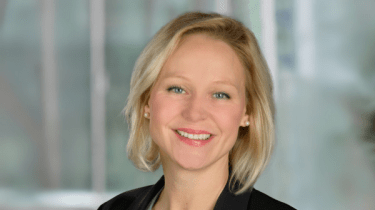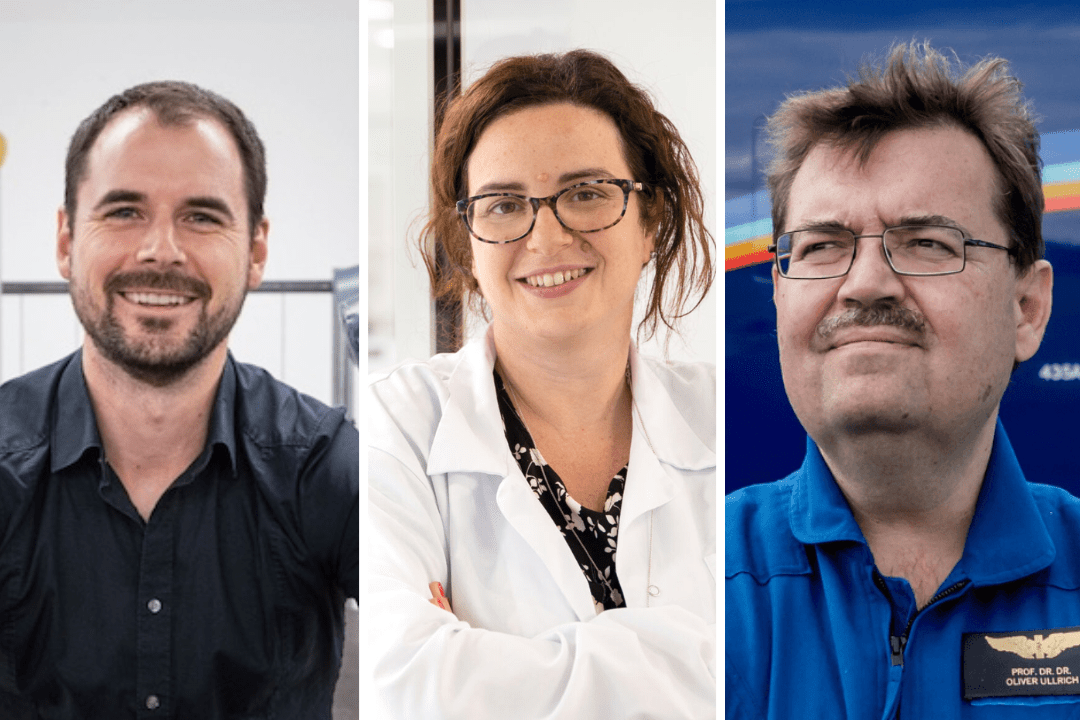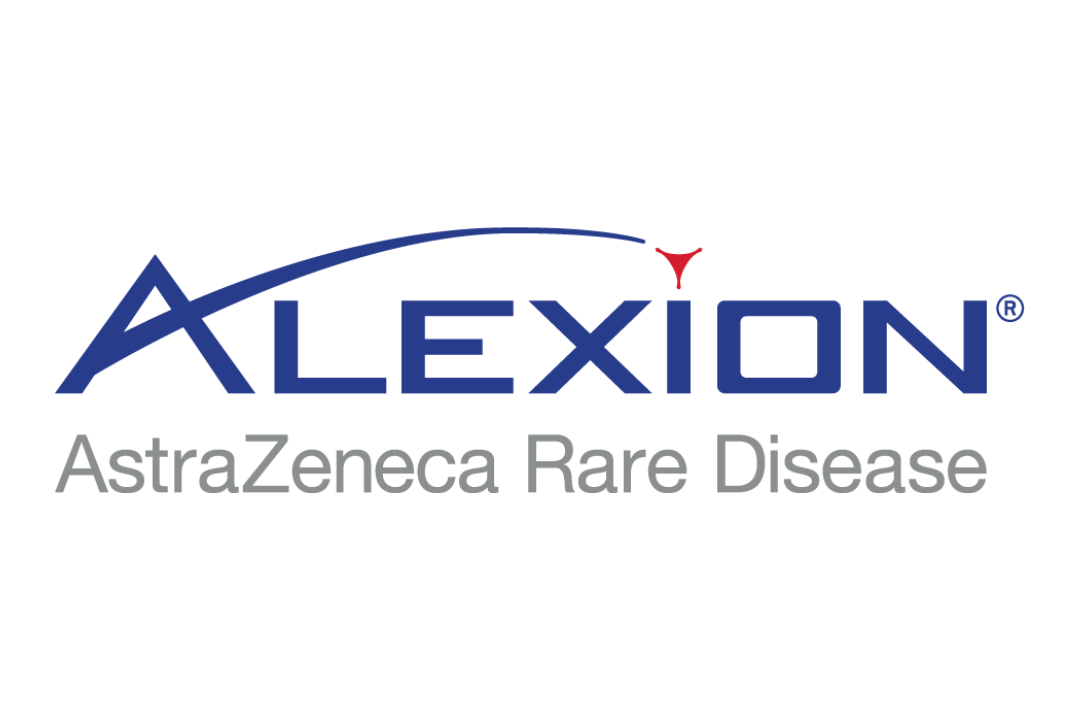Nicola Heffron, Senior Vice President and Head of Global Marketing & Market Access at Alexion Pharmaceuticals, has spent more than 25 years shaping strategy, launches, and market access across the pharma and biotech industries. Originally from the UK, she moved with her family to Switzerland in 2015, drawn by the country’s position as a true hub for biotech innovation. Now based in Boston in a global leadership role, she continues to maintain close ties to the Greater Zurich Area’s vibrant life sciences ecosystem.
In recognition of her achievements and long-standing connection to Switzerland’s biotech community, Nicola is named a Greater Zurich Ambassador in the fall of 2025. We spoke with her about her perspective on the region’s biotech and pharma ecosystem, what it was like to live and settle in Switzerland, and her advice for companies considering expanding into Europe.
Nicola, you’ve spent a significant part of your career in Switzerland. What initially drew you here, and how has your perspective on the country evolved since then?
Nicola Heffron: We moved from London to Switzerland in 2015 from a career in pharma based in the UK. I had several job offers at the time, one in Sweden, two in Switzerland (Basel and Zug) and we chose the Swiss-based role in Zug because it was clear that Switzerland was the hub for biotech innovation and Zug seemed like a great place to be as many talented colleagues from my UK pharma days were already there; some were on their second tour of duty, having been in the US. They all highly recommended Switzerland for career growth opportunities, as there was a concentration of innovation, as well as talented and experienced people. It was clear that additional infrastructure and services were also springing up to support the biotech community, such as banking, financial services, and family services such as good schools.
Since then, these services have gotten better and better with innovation in Al, technology, manufacturing, and private equity. Plus, clear programs from the local authorities to introduce new expats to the Swiss life and language services.
What stood out to you about the biotech and healthcare ecosystem in the Greater Zurich Area, especially for global companies looking to scale in Europe?
It was clear from the early days that the Greater Zurich Area went out of its way to be easy to do business with. Simplicity for start-ups to create a new corporate entity, support for innovation, in fact, one of the easiest places to set up a company in Europe at the time. Experienced diverse global talent with experience in many specialties was relatively easy to find.
The residency permit process was clear and straightforward. Even the language services were made as simple as possible, with many providers in Greater Zurich being fluent in English, French, and often Spanish. Bureaucracy was low, speed and agility high. Sure, the perception is that Switzerland has many rules, but in general, they are all logical and people follow them, so it makes for a more predictable business environment - especially in the face of a turbulent global climate.
From your time working in Switzerland, how would you describe the process of hiring talent and building high-performing teams in the region?
The process is very easy if they are already in Switzerland. There is a lot of talent with great experience and a supportive environment for relocating families into Switzerland if they are EU citizens. From outside of the EU, the quotas are a bit trickier to navigate, but not prohibitive. The labor laws are supportive of finding the right talent, and with a strong social security system that individuals contribute to from day one. Support is possible for employees if the biotech development assets they are working on do not progress or if their entire company does not progress and teams need to be disbanded or re-deployed.
As a result, the workforce is lean, tremendously agile, and experienced. I’ve relocated families from elsewhere in Europe to the Greater Zurich Area and most have chosen to stay longer term.

GZA Ambassadors
GZA Ambassadors
Greater Zurich Area Ltd (GZA) regularly awards entrepreneurs, executives and multipliers as "Greater Zurich Ambassadors". The award recognizes the outstanding achievements of these personalities as well as their merits for the Greater Zurich Area in Switzerland.
The Greater Zurich Ambassadors carry the excellence of Greater Zurich as a technology and business location out into the world and inform and support other companies interested in expanding into or within Europe in a credible manner.
What was your experience like engaging with Swiss regulators or the broader health system? How does it compare to other markets you’ve worked in?
It’s true that the Swiss have clear and well-publicized processes, but they also allow some flexibility where it's needed for specific cohorts of patients. From a patient’s perspective, and in my opinion, the Swiss have an excellent healthcare system. Patients must carry their own health insurance by law, and so they carry an implicit responsibility to take care of their own health.
But when this fails, and they need medical intervention, the simplicity of the system and lack of fragmentation, versus other insurance-based systems like the U.S., can mean that accessing the system is easier and the costs are lower. Most new medicines have the potential to get to patients faster than in many developed nations, and often at a similar time to the EU. Having been a user and provider to the Swiss healthcare system, I can see and value the system from both perspectives.
Many U.S.-based biotech companies look to Switzerland as their entry point into Europe. Why do you think the Zurich region is particularly well-positioned for that role?
Firstly, talent availability and depth of global experience. With Germany (Munich), France (Paris), and Italy (Milan) only a few hours away of travel by plane or train, the Greater Zurich region is uniquely placed to be at the centre and serve the biggest countries in Europe, and then be an excellent base for future expansion.
The Zurich region also has great connections with Boston, New Jersey, and the US West Coast. For many years in my career, I worked in a global role from Zurich, spending many months across the year in New Jersey and Boston. The excellent airport infrastructure and reliable planes made this possible.
Additionally, for families relocating, the truly international nature of the Zurich region enables many comforts. We had many trips to local supermarkets in the early days, looking for my favorite brand of English tea bags and peanut butter! The local schools are excellent too, allowing non-native German speakers to integrate well into their community and become bilingual, as in the case of my son. There are a number of International Baccalaureate schools, too, that made it easier for my daughters to transition from UK to Switzerland and then eventually to Boston in their last two years of the IB, seamlessly.
On a personal note, how was your experience settling into life in Switzerland - navigating everything from culture to daily life?
For me, the language took a while as German was not a core language I learnt in my schooling, plus Science was more my thing. Our French was better on arrival, but slowly and surely our German improved as we integrated and navigated things like school parents’ evenings and renovating our home with local providers. We found that many locals could speak good English and were very forgiving as we began to learn. We were skiers from an early age so we loved the accessibility of it as a weekend sport.
Long-term housing was tricky to find as a family of five with three almost-teenage children. There was limited availability, but we were lucky and found somewhere great. The neighbors were very friendly and kind (despite our language limitations), and for some months, we would mutually correspond by giving and receiving home-grown or homemade gifts on the doorstep (along with a “Google Translate”-enabled hand-written note!).
Having spent the previous 10 years doing a London commute, I found the public transport wonderful, clean, and quick, and, of course, most of my day was spent with international colleagues, so the change to learn and experience new customs and cultures was phenomenal.

What aspects of the Swiss lifestyle or professional culture do you find yourself missing most now that you're back in the U.S.?
My answer is easily the mountains, and the ability to use my e-bike for the commute. I do use my e-bike here in Boston, but the commute downtown to Seaport by e-bike is a game of survival. The easy public transport and outdoor life are real strengths of living in Switzerland. I also miss the peacefulness of Sundays, when everything was shut, and roads were quiet.
How does the Greater Zurich Area as a hub for biopharma companies compare to other regions in Europe or the U.S.?
Throughout my career, I have been part of buildouts in France, Ireland, the UK, and Spain, as well as in the US. All these geographies have some positive combination of economic stability, good quality infrastructure and cost of living, supportive tax regimes, supportive employment laws, and robust talent pipelines. Greater Zurich hits on all of these, plus it has an openness to talent migration and societal integration. As well as the location at the heart of Europe.
Looking ahead, could you see yourself returning to Switzerland one day, and if so, what would draw you back?
Boston is a great place to be for biotech innovation and U.S. growth for many start-up biotechs. When global expansion is on the cards, it naturally follows to expand and build out an International or European entity. Expansion to EMEA via a base in the Greater Zurich Area is a well-understood and very exciting proposition, enabling each company to create its own buildout path, balancing its appetite for speed, innovation, risk, investment, and reward. Some go “all in” and create a Swiss entity, some just want to dip their toe in the water with local partnerships - all is possible.
I can certainly see myself returning to Switzerland one day to launch and enable more European and International patients to access innovative medicines. The Greater Zurich Area remains one of the best places to operate from in Europe. Right now, Boston is a great place to be.
Alexion
Alexion
Alexion, AstraZeneca Rare Disease, was established following AstraZeneca’s 2021 acquisition of Alexion Pharmaceuticals. For over 30 years, Alexion has been dedicated to transforming the lives of people affected by rare diseases through innovative medicines, supportive technologies, and tailored healthcare services.
Now as part of AstraZeneca, Alexion continues this mission with a deep commitment to understanding patients and caregivers as individuals, ensuring their unique needs guide every step of development and delivery.
Since 2016, Alexion operates a research hub in the canton of Zug in the Greater Zurich Area.
Meet with an expansion expert
Our services are free of charge and include:
- Introduction to key contacts in industry, academia, and government
- Advice on regulatory framework, taxes, labor, market, and setting up a company
- Custom-made fact-finding visits, including office and co-working space

